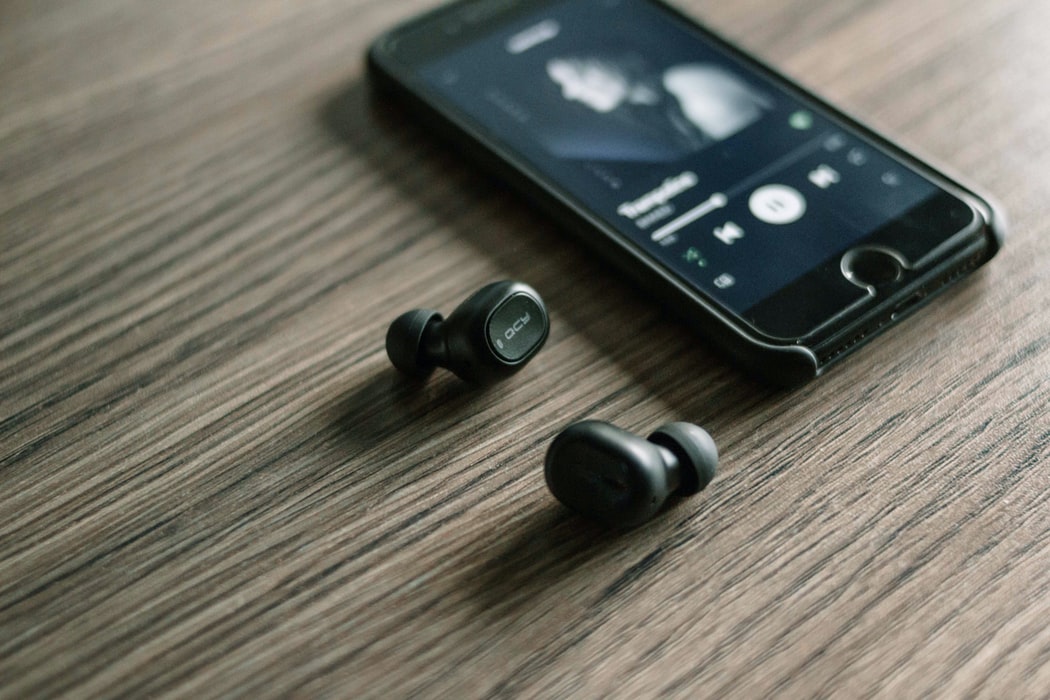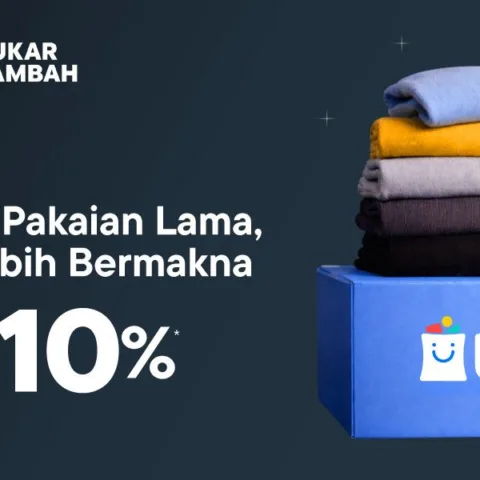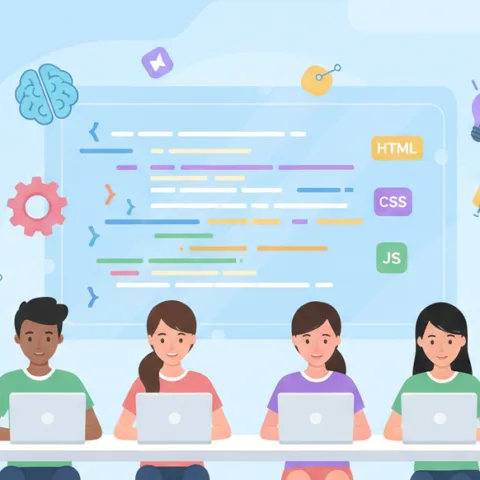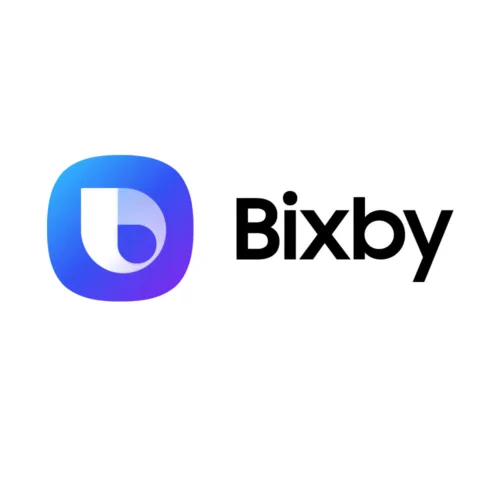Looking from one aspect, it really does seem like music is in such a mess. It is difficult to find CD or cassette stores because many have shut down. Ringback tones, once the cash cow of the music industry, has almost no more users. Online stores that sell digital music files (like MP3s) have run for several years but the market shows slowing signs of interest; it is said that music sales through iTunes Indonesia, although growing exponentially, still shows small impact on revenue. Meanwhile, the same songs can be obtained from various websites, free, without any payment to the owners of the sound recordings.
If we only see it from that aspect, it really does look like music is ‘sick’ and needs to be ‘healed’. But what is its disease? Music seems to be in dire straits and needs ‘saving’. But what is it that needs saving, actually?
If seen from another angle, music in Indonesia has never been more alive. It could be said that for the past few years, the number of live shows has risen, and therefore so has the amount of money involved, to the point that even local artists can make paid live shows (where previously they did free, sponsored shows).
I assume that music consumption per capita has also risen, regardless of the source. The number of radio stations remains high with numerous variations and customer segments, to the point where you cannot build a new radio station in Jakarta because there are no available broadcast radio bands anymore. Does this information need healing? Does music need saving?
Again, it’s all about perspective. I will not deny that the sales of music products have rapidly declined, since the moment Napster and the MP3 file format came along, but that was almost fifteen years ago. Wouldn’t we have any developments since then? Well, there is DRM – digital rights management – which basically blocks people from copying files without authorization from the owner of the sound recording.
Other than the application of DRM in the iTunes ecosystem at that time, DRM tech actually made many music listeners stop buying music because the implementation has been generally impractical. So, does music need to be healed because DRM did not work well?
Let’s not kid ourselves – piracy is illegal according to the law. It works on this principle: I have a creation, therefore I have a right to obtain commercial benefit based on my work and effort. If somebody else enjoys my creation without permission or compensation towards me, it should be wrong. But there are two sides of this coin – what if I gave everybody permission to enjoy my work freely, like, say, a free download? And for those who want a higher level of interaction with my work or with myself, only then I would ask for something, as this person would more likely be willing to spend some money.
I can’t generalize, and force people who want to enjoy my work to buy a CD or an MP3 file that is priced the same for every one, regardless of background and buying power. If the person can ‘only’ buy a crummy MP3 file for Rp 7,000, we shouldn’t ‘force’ them to buy a CD at ten times the price, right?
Yes, profiting from economies of scale is easily done by a fixed amount of capital (invested in album production and the artist contract), and then selling the finished album numerous times. Even live concerts are (ideally) like that with tickets. But is it the only way to make money from music?
Music does not need healing. The music industry does not need saving. What needs to be done, is structuring. The internet provides a lot of freedom to structure it well, to provide products that correlate to suitable customer segments, interests and buying power, and enrich the lives of music listeners through various new ways of interacting with music.
Creating a music work is also easier and cheaper, and it is also easier to publicise it. It is also cheaper to test new technologies that previously did not exist, or try new, unproven, business models. It could also be as simple as copying what FMCG companies have been doing for years – the free sample. Try first, if you like it and want more, then buy. If you don’t like it, don’t buy.
If we only see it from a music industry perspective, it does seem that the industry is ‘sick’. I think, the wanted cure, which is the return of revenue to pre-‘crisis’ levels, might not be gained by trying to instill awareness about piracy.
Could it be that the cure may be found by working together with these technologies, not resist them? From changing perspectives by seeing piracy not as a cause, but as a symptom that needs to be studied, processed and researched for its virtues? We’ll have to see.
 Ario is a co-founder of Ohd.io, an Indonesian music streaming service. He worked in the digital music industry in Indonesia from 2003 to 2010, and recently worked in the movie and TV industry in Vietnam. Keep up with him on Twitter at @barijoe or his blog at http://barijoe.wordpress.com.
Ario is a co-founder of Ohd.io, an Indonesian music streaming service. He worked in the digital music industry in Indonesia from 2003 to 2010, and recently worked in the movie and TV industry in Vietnam. Keep up with him on Twitter at @barijoe or his blog at http://barijoe.wordpress.com.








